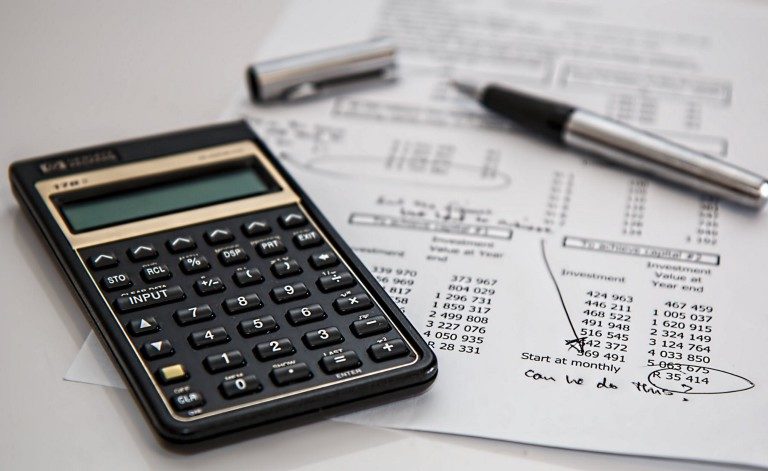Capital Allowance: is a practice of allowing a company to get tax relief on tangible capital expenditure by allowing it to be expensed against it annual pretax income. They are treated as another business expense and so reduce your taxable profit within the basis period. It’s an expense, but because it is non-cash, it is often effectively a tax write-off. This implies, an individual or organization usually may reduce his or its taxable income by the amount of depreciation on the asset. It is worth noting that, capital allowance may be claimed on depreciation basis of the pool of depreciable assets at the end of the basis period of the useful years of assessment.
How do I claim capital allowance?
Depreciating long-term assets is a common way of ascertaining capital allowance for companies with fixed asset deployed in operations. Companies may fully write-off certain special qualified assets in the year of their purchases under specific rules of engagement, but most of these fixed assets may be treated as capital investments that are depreciated over the years in the form of annual depreciation expenses. Depreciating fixed asset enablers you get capital allowance deduction. However, when a company sells a depreciated asset it may have to give back certain tax savings and even pay extra tax on the capital gains.
In addition, capital allowance may be attain where depreciable asset is damaged or destroyed by a natural occurrence, accident, burglary or theft, the asset would be considered to be realized for zero consideration, subject to the presentation of proof of loss from a recognized institution, and additional capital allowance may be granted. However, when an asset is insured, the compensation received will be deducted from the written-down value of the asset before capital allowance is granted.
Depreciation expenses are tax deductions that are allowed under certain related tax rules. They are accounting expenses and not real expenses that demand cash, but rather charges used to recover asset’s earlier cash purchases. To claim capital allowance, the company in question must apply non cash depreciation expenses against the taxable income, thus lowering the amount of tax payable. Different asset have different length of taxable life based on relevant tax rules. Because an asset value is allocated and expensed over the period it will be used, the shorter the asset’s taxable life the more annual taxable for the company. Depreciating assets over shorter period with higher depreciation expenses not only provides higher capital allowance but also encourages your business to replace asset faster.
What is a writing down allowance?
It is a type of capital allowance where the cost of assets acquired in the current year is added to the written down value of the assets acquired in the previous years. The allowance is computed as a specified percentage of the total value. An illustration will give a clearer understanding in digesting the above statement.
Assuming XYZ Company Ltd has a capital allowance pool brought forward of GHC 40,000 before claiming allowance for the year 2019/2020. In this case, if XYZ Company Ltd has no additions or disposals of assets during the coming year 2020, the capital allowance to be claim would be as follows:
Written down value brought forward GHC 40,000
Writing down allowance (20%) GHC 8,000
Written down value carried forward GHC 32,000
From the above workings, XYZ Company Ltd can claim a writing down allowance of GHC 8,000 and deduct that from the profit for tax purpose.
The 20% writing down allowance is a standard rate allowable on plant and machinery.
Why contact us
Time is a factor and time wait for no man. If you are having issues tracking your fixed assets and benefiting from capital allowance, it may be time to consider experts advice in tracking your fixed asset with flawless depreciation workout. We understand how you feel when it comes to tax issues, keeping up-to-date books and achieving your business goals. No need to worry any longer, Built Accounting gives you exactly what you need with professional guideline while you focus on your business and keeping cost as moderately as possible. With Built your satisfaction is our benchmark. Contact Built via email (hello@builtgh,com) or call 0303974832 for all your business accounting needs.
asset registerdepreciation





Leave a Reply